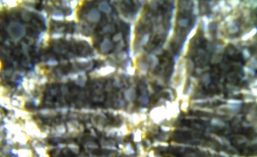We understand that from 2020 to 2023 people were or may have been experiencing grief, illness, and /or other kinds of duress and we urged contributors to submit respectful forms of representation, given these times. Our process acknowledged uneven fields of power and agency by prioritizing qualified researchers / advocates and other witnesses who may best represent themselves.
The survey link circulated only through networks of researchers /advocates and other witnesses who registered with the project (by email), and who agreed to abide by accepted ethical codes specified on the Project Invitation.
UBC Ethics ID: # H20-02179 expired 1 Dec. 2023.
Funding: This project is funded by a (SSHRC) Social Sciences and Humanities Research Council Explore Research Assistant Grant which supports graduate student team members who maintain the map.
“Witnesses” include researchers, advocates, activists and other community engaged workers. We invite those who have engagements in community-based activities, research and/or analyses of the larger contexts of power that affect local dynamics. This may include: university and non university-based field researchers; culture workers; public advocates and policy analysts; health care workers; and, service agency personnel etc..
Contributors were invited to join a private List Serve intended for dialogues about knowledge sharing and opportunities for collaborations of their making.
**Witness submissions were also anonymous. All questions were optional.
Contributions to the project are now closed.
Recommended:
Hyde, Sandra and Laurie Willis (2020) Balancing the Quotidian: Precarity, Care and Pace in Anthropology’s Storytelling. Medical Anthropology 39(4): 297-304.
Johnston, Barbara Rose (2010) Social Responsibility and the Anthropological Citizen. Current Anthropology, Vol. 51 (2): 235-247.
